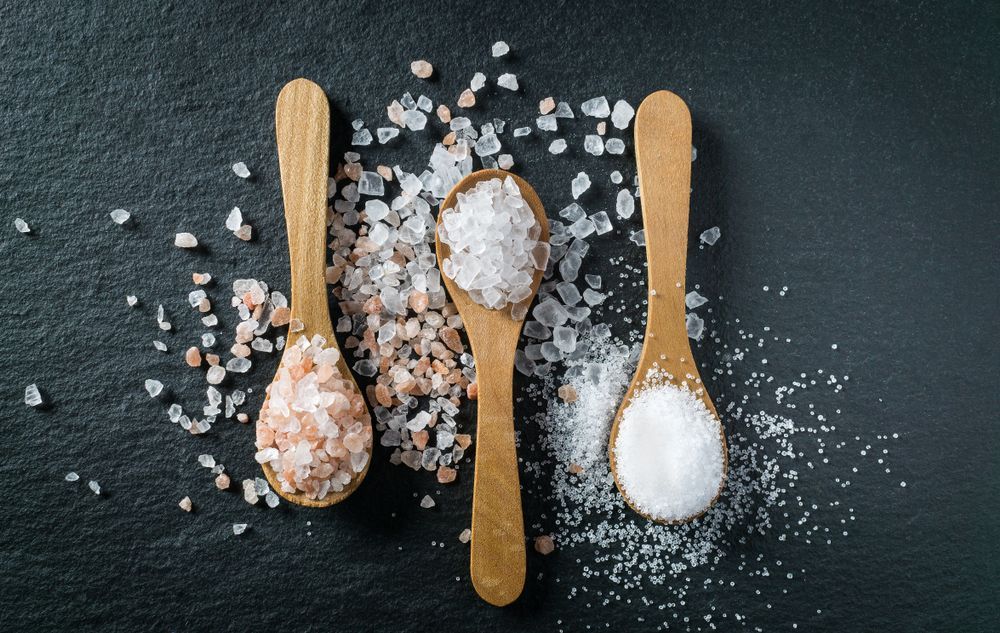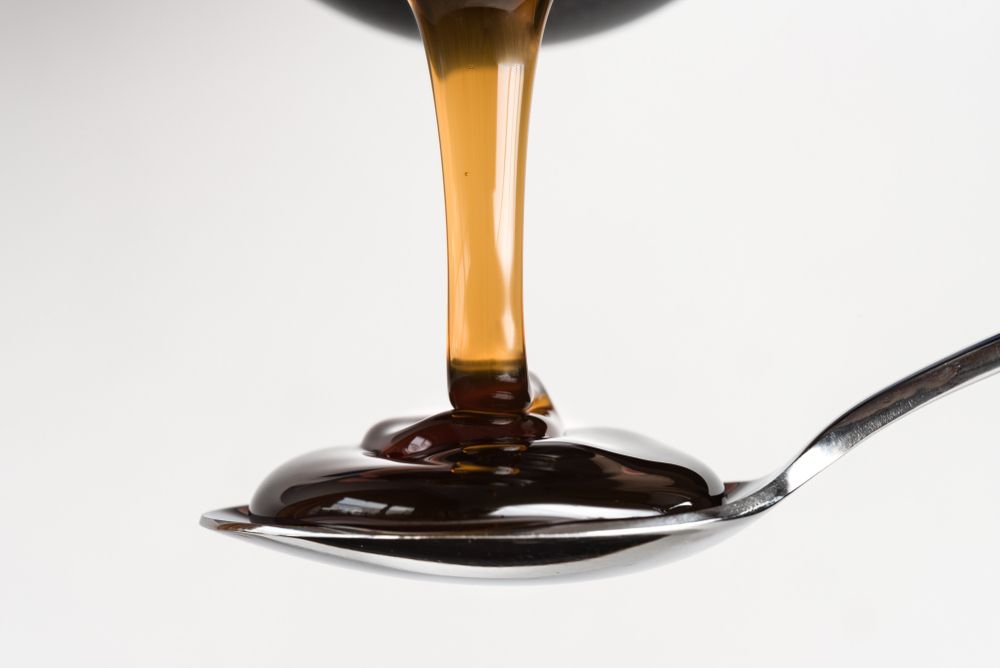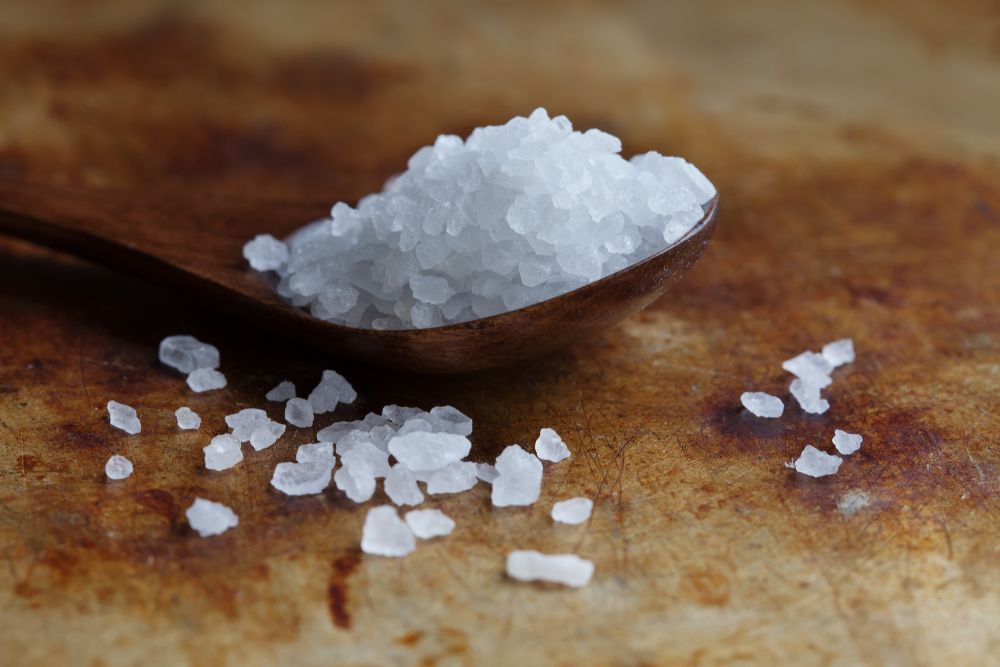Beet Sugar vs Cane Sugar
Written by: Indiana Sugars

Beet sugar, as the term implies, is a specific type of sugar that comes from the appropriately named sugar beets. Once the beets themselves have been harvested, they are then washed carefully and sliced into strips. Those strips are boiled to extract their juice, which is then evaporated and crystallized to make sugar.
From that perspective, beet sugar isn't that different from other types, with the sole exception of where it comes from.
What is Cane Sugar?
Cane sugar, on the other hand, is created from the sugarcane plant. It's not a root vegetable at all in that it doesn't grow in the ground.
Once sugarcane is harvested, it then goes through a precise clarification and crystallization process.
Steps in Refining
1. Clarification:
The method of collecting juice from the plant is to gather and break down different plant components.
2. Boiling:
Using evaporation, the juice and syrup are boiled under low pressure in this stage.
3. Crystallization:
Sucrose that has already been processed is added as “seed sugar crystals” so the syrup can mimic and grow new crystals at the same size.
4. Centrifuging:
A machine sifts through elements of the juice, collecting crystals, and separating the sucrose from the molasses.
5. Bleaching (only Sugarcane):
Sucrose is dark when extracted, not the typical white color you see in stores, the crystals are bleached by putting them through natural carbon.
Are Cane & Beet Sugar Interchangeable?
For all intents and purposes, both cane sugar and beet sugar are "chemically identical." If you were to put samples of each under a microscope, you'd come away assuming they were the same. They're each about 99.9% sucrose. If you have a recipe that requires beet sugar, and you don't have it, cane sugar will work just fine - and vice versa.
Having said that, depending on your ability to taste and how strong it is, you may notice some subtle differences in flavor. Depending on exactly what you're making, this could be a way to add something unique to an old favorite recipe, or it could throw off the delicate balance you're trying to create.
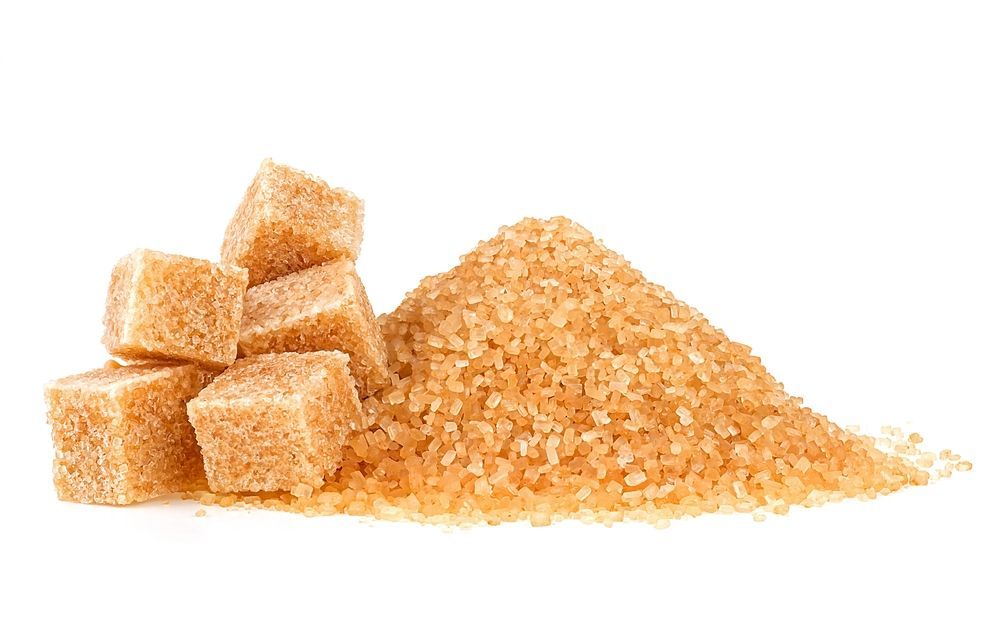
What Are Some of the Key Differences?
Uses
Again, thanks to the fact that they are virtually identical from a chemical perspective, both beet sugar and cane sugar can be substituted for one another in most recipes. They do, however, have differences in terms of texture. That's something you'll want to keep in mind when trying to decide whether to head to the store or if a simple substitution will work for your recipe.
Refining
This is another area where things get interesting. For cane sugar, a bit of molasses is retained during refining. This means that if you look at your cane sugar carefully, the color may skew towards brown under certain conditions. With beet sugar, the refining process tends to be more uniform. You won't find traces of molasses and the color will be very white.
Taste
Many people believe that cane sugar has a slightly more complicated flavor than its beet-derived counterpart. This is because of the environment in which sugarcane is grown. Usually, people will argue that they can detect a hint of caramel or molasses, especially in less-refined cane sugars. The taste of beet sugar, on the other hand, will be more uniform. But again, these differences are incredibly subtle and most people likely would not be able to recognize them at all.
Cost
For baking professionals in particular, the cost may ultimately be the most important difference to understand between these two options.
Naturally, the amount of money you'll pay for a certain type of sugar will vary wildly depending on where you're getting it from. If you're importing cane sugar from out of the country versus getting it locally, you'll pay more money. If you live in a region where sugarcane is everywhere, cane sugar is likely going to be less expensive as a result.
To that end, beet sugar is often less expensive, specifically because there are certain pockets where sugar beets are easily grown. Costs can still fluctuate, however - particularly if it's been a difficult year in terms of the harvest.
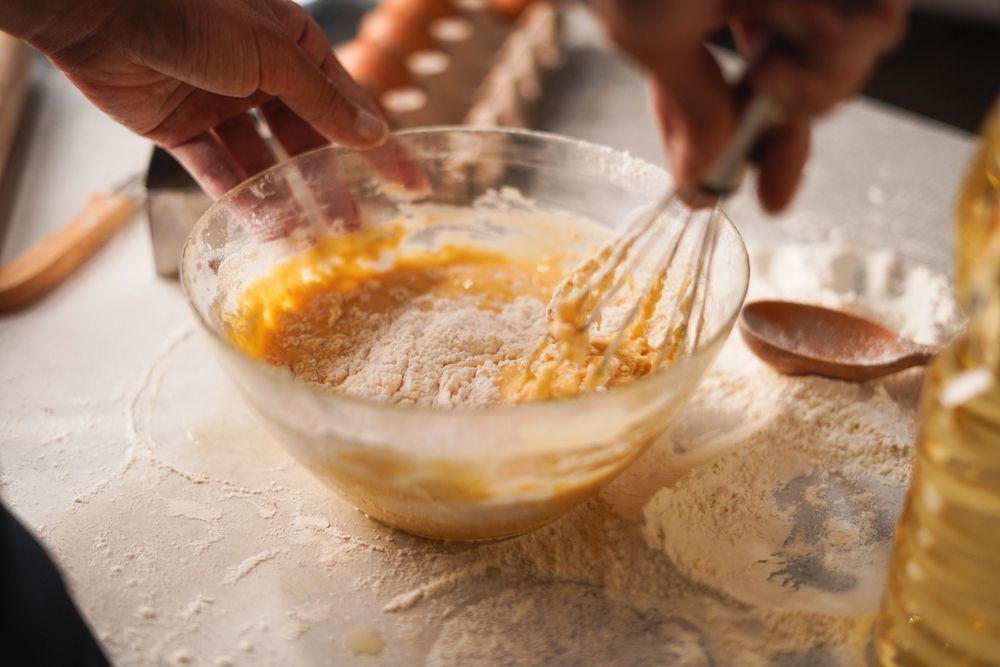
Which is Best for Your Creation?
As is true with so many other elements of cooking, this will vary depending on several things. If you happen to have an incredibly strong sense of taste, even though most people wouldn't notice a difference, you might - which means you might prefer beet sugar or cane sugar depending on how you want your creation to taste.
With regard to their actual performance, both types of sugar perform similarly in baking. You sometimes hear bakers say that they prefer cane sugar for its slightly more complicated flavor and texture, although this is again a matter of personal preference.
When it comes to candies and other types of confections, the only thing you'll really want to pay attention to is the flavor. Beyond that, both cane sugar and beet sugar should be more or less the same.
For most beverages, cane sugar and beet sugar are also equally matched. The only exception to this is if you're creating something where sugar will dramatically impact the flavor. Naturally, you would want to introduce more nuance into your drink, which means that cane sugar is likely the way to go.
Beet & Cane Sugar from Indiana Sugars
At Indiana Sugars, we pride ourselves on being so much more than just another bulk sugar supplier. We want to make sure that your desired sweeteners are always available when you need them, where you need them, with absolutely no exceptions.
We go out of our way to get to know your business as much as possible because those elements that make you unique matter. They also help give us an indication of what we need to do to meet your needs and exceed your expectations. We strive to bring you the highest quality products at the best prices, all by way of on-time delivery that you can depend on.
If you're within a 300-mile radius of our location, you'll have your order within 24 hours in most cases. That's the type of care and attention to detail that we truly don't think you'll find anywhere else.
If you'd like to find out more information about beet sugar vs cane sugar, or if you have any additional questions that you'd like to go over with someone in a bit more detail, please don't hesitate to contact the team at Indiana Sugars today.

